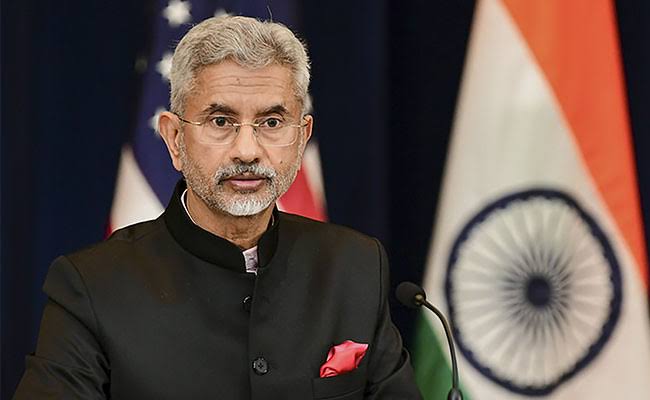New Delhi, May 16, 2025: India has rejected Pakistan’s latest appeal to resume talks on the Indus Waters Treaty, stating bluntly that dialogue can resume only after Pakistan dismantles terror networks operating from its soil. The response comes in the wake of the April 22 terror attack in Pahalgam, Jammu and Kashmir, which left 26 dead. India blamed the Resistance Front, a proxy of Lashkar-e-Taiba based in Pakistan, for the attack.
External Affairs Minister S. Jaishankar made it clear that the treaty will remain suspended unless Pakistan acts credibly and irreversibly against cross-border terrorism. This firm stance follows rising tensions and signals a clear linkage between diplomacy and national security.
Pakistan’s Deputy Prime Minister Ishaq Dar condemned the suspension, calling it a violation of international law. He warned that disrupting the Indus River supply would have devastating consequences for Pakistan’s agriculture and energy sectors. He stressed that the treaty, signed in 1960 with World Bank mediation, is legally binding and cannot be set aside unilaterally.
The treaty had long withstood periods of hostility between the two nations, dividing control over six rivers: India has rights over the eastern rivers—Beas, Ravi, and Sutlej—while Pakistan controls the western ones—Indus, Chenab, and Jhelum. But now, India insists national security must take precedence over water diplomacy.
India’s position has heightened diplomatic strain, with Pakistan declaring that any move to block river flow would be considered an “act of war.” The region watches closely as both nuclear-armed neighbours hold firm to their respective demands, with peace and water security hanging in the balance.
India Links Indus Treaty Talks to End of Terror Flow from Pakistan

